
The foundation of thermodynamics in statistical physics deals with fundamental bounds on state transformations that arise due to inevitably limited information. A particular focus is traditionally on the notion of transferring energy and how it divides into a useful part, often referred to as “work” and some waste “heat”. Already this distinction, often referred to as first law of thermodynamics, is highly dependent on the available information about the actual state of the system. The lack of which, quantified by different notions of entropy, is the focus of the second law of thermodynamics and beyond telling us ultimate bounds on machine performances and impossibilities of perpetua mobile, it seemingly determines the inevitable fate of our entire universe. It is thus not surprising that one of the most central objects of “classical” thermodynamics is “classical” information.
In the emerging field of quantum thermodynamics, we try to understand how and if fundamental thermodynamic laws change, when considering the nature of information to be quantum. In particular, in collaboration with groups in Barcelona, Bristol and Geneva, we are investigating the notions of heat and work for quantum systems [1], the thermodynamic value of correlations [2], the general structure of passive states [3], the impact of limited control on resources [4,6], and equilibration beyond energy as conserved quantities [5].
Recent work:
Y. Guryanova, N. Friis and M. Huber. Ideal projective measurements have infinite resource costs. Quantum 4, 222 (2020).
T. Debarba, G. Manzano, Y. Guryanova, M. Huber and N. Friis. Work estimation and work fluctuations in the presence of non-ideal measurements. New Journal of Physics 21, (2019) 113002.
N. Friis and M. Huber. Precision and work fluctuations in gaussian battery charging. Quantum 2, 61 (2018).
F. Anza, C. Gogolin and M. Huber. Eigenstate thermalization for degenerate observables. Physical review letters 120, 150603 (2018).
Bibliography:
[1] M. Perarnau-Llobet, E. Bäumer, K. V. Hovhannisyan, M. Huber, A. Acín, No-Go Theorem for the Characterisation of Work Fluctuations in Coherent Quantum Systems, Phys. Rev. Lett. 118, 070601 (2017)
[2] M.Perarnau-Llobet, K.V. Hovhannisyan, M. Huber, P. Skrzypczyk, N. Brunner, A. Acín, Extractable Work from Correlations, Phys. Rev. X 5, 041011 (2015)
[3] M. Perarnau-Llobet, K. V. Hovhannisyan, M. Huber, P. Skrzypczyk, J. Tura, A. Acín, Most energetic passive states, Phys. Rev. E 92, 042147 (2015)
[4] E. G. Brown, N. Friis, M. Huber, Passivity and practical work extraction using Gaussian operations, New J. Phys. 18, 113028 (2016)
[5] Y. Guryanova, S. Popescu, A. J. Short, R. Silva, P. Skrzypczyk, Thermodynamics of quantum systems with multiple conserved quantities, Nature Commun. 7, 12049 (2016)
[6] N. Friis, M. Huber, Precision and Work Fluctuations in Gaussian Battery Charging, arXiv:1708.00749
Huber Group
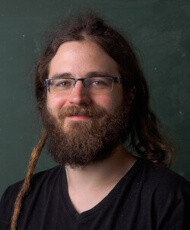
Marcus Huber
Independent Research Group Leader START+43 (1) 51581 - 9560
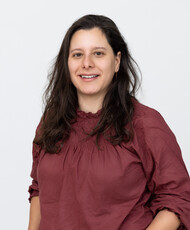
Elizabeth Agudelo Ospina
Post Doc (TU Vienna)
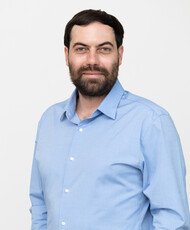
Paul Erker
Post Doc (TU Vienna)
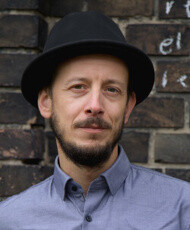
Rainer Kaltenbaek
Senior Post Doc
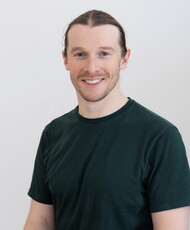
Maximilian Lock
Post Doc (TU Vienna)

Yuri Minoguchi
PhD Student